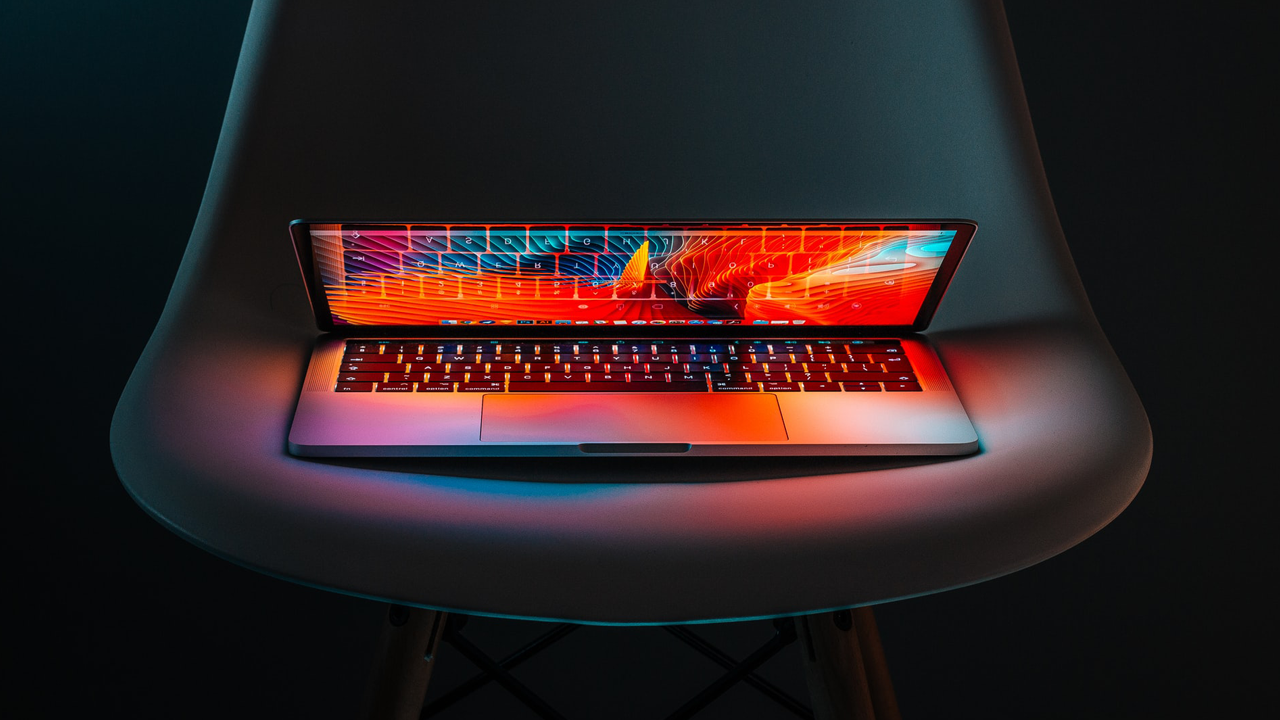With the rise in internet usage, there is a constant threat to our personal computers. Viruses have become increasingly sophisticated. Viruses are a major threat to your personal computer, and they can cause all kinds of problems if you don't take the right precautions.

What is a Computer Virus?
A computer virus is a code or program that replicates itself and spreads to infect files and other programs like email attachments, websites, etc. Viruses vary in terms of types and the damage they can cause. Some of the common ways a computer virus affects computers include:
- slowing down performance
- stealing personal information like passwords
- preventing users from accessing certain parts of their computer until they pay up (ransomware)
- deleting files without permission
- corrupting hard drives, so they stop working
- installing adware/spyware onto devices which then track user activity across multiple applications and websites.
Virus Protection Tips
Here are five tips for protecting your PC from viruses:
Use VPN in Public WiFi
A Virtual Private Network helps you protect your PC from viruses by encrypting your internet connection and routing it through a remote server. Any data sent from your computer will not be visible to hackers and other malicious actors trying to steal your personal information. The VPN provides you with an IP address different from your real one, making it difficult for hackers to track your location and identity. You can go here to hide your IP address hassle-free without filling in any forms or your details. It is best to always take caution before submitting sensitive information online. Some websites provide fake data, hoping users fill out forms with personal details.
Keep Your Antivirus Software Updated
Antivirus software marks the first line of defence against viruses, and it's prudent to keep your antivirus software updated. The solution is to set up automatic updates so that you won't miss any updates. You should also ensure that any program updates or patches are downloaded regularly so that the system remains current. If new viruses appear on the market after an update, it will be able to recognize them immediately and protect against them immediately. Use an antivirus program with real-time protection features such as a firewall, email scanning, and web filtering to prevent malicious programs through any of these entry points. In addition, it should also have a malware removal tool to remove existing infections once detected.
Using Ad Blocker to Avoid Pop-ups and Auto-installs
If you're on the Internet, you'll likely be bombarded with pop-up ads, emails, and more to get you to download programs. Pop-ups are annoying and dangerous if used by hackers to spread viruses. These programs can be malicious and will harm your computer. Ensure that you always use a browser with built-in security features to avoid these dangers. You should also have antivirus software installed to prevent viruses from downloading onto your PC without your knowledge and causing damage. If you don't want to get infected with a virus, you should use an ad blocker to avoid pop-ups and auto-installs (like apps) that may contain malware. Ad blockers are useful because they stop ads from loading on websites you visit and prevent advertisers from tracking you online.
Use a Firewall to Protect Yourself Against Remote Attacks
A firewall prevents unauthorized access to your computer. You can install firewalls on Windows, Mac, and Linux operating systems. It is software that prevents unwanted and malicious activities by restricting access to the system resources of your PC or server. A firewall has two primary functions: it filters incoming traffic. It blocks it if the source or content isn't authorized, and it allows outgoing traffic only if the destination is authorized.
Install Antispyware Software
Antispyware software prevents the malware that monitors your online activity. It can shield you from other threats, such as viruses, trojans, and worms. Antispyware software works by sniffing any malicious programs on your computer and then removing them before they cause any harm to your files or system settings.
Conclusion
Computer viruses are a real threat to your data, and protecting your PC from viruses is a must. For maximum protection, you need current and up-to-date antivirus software. Using a firewall protects your computer against remote attacks. If you've been using an Internet browser for more than three years without updating, it's time to switch providers or upgrade your computer. For maximum protection against viruses, you should consider using both antivirus and antispyware programs to ensure all possible threats are covered.
